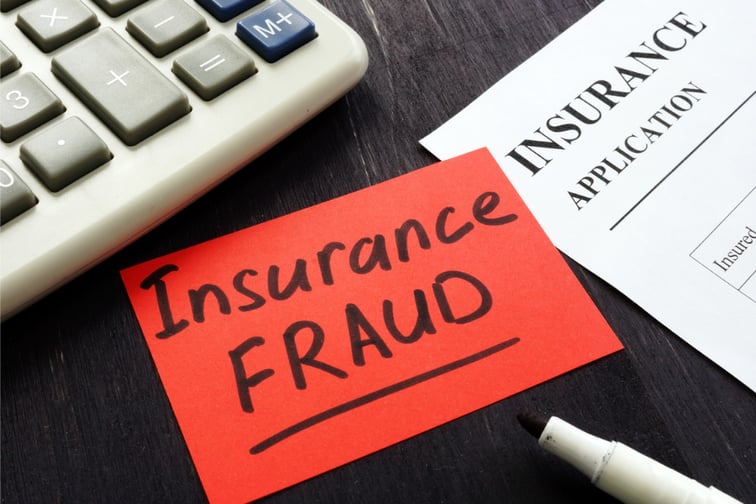

It’s one of those crimes that doesn’t really hurt anyone, except that big bad corporate insurer, right? So there’s just no harm in insurance fraud really, is there?
Anyone connected with the insurance industry will be quick to point out the impact that fraud has on innocent policyholders, but that message doesn’t seem to be getting across to a host of desperate young adults hit by the cost-of-living crisis.
According to newly released findings from YouGov, published by the Insurance Fraud Bureau (IFB), a growing number of young adults are turning to insurance fraud amid the economic crisis.
It found that as many as one in four would now “likely” consider an act of fraud if they were struggling – a significant jump from the survey’s findings last year.
“It is worrying to see that there is a rise in younger people turning to or considering committing insurance fraud,” said detective chief inspector Tom Hill, from the Insurance Fraud Department at the City of London Police. “We know that the cost-of-living is increasing and is causing finances to be stretched for so many, but turning to fraud is not the answer.”
One in four in this age group would consider lying on an insurance application to save money, while one in five would consider lying to make money. Across all age groups, one in 10 would consider a fraudulent application if struggling.
The IFB recently launched a campaign called Fraud Cons in an effort to highlight the devastating consequences that fraud can have.
“Opportunistic fraud has serious consequences for those who are dishonest, which includes being placed on the Insurance Fraud Register and facing a potential criminal conviction,” highlighted Ursula Jallow, director at the IFB. “Furthermore, fraud can put innocent people at risk and adds costs to everyone else’s insurance premiums, which is why we’re so determined to tackle the issue in collaboration with insurers and the police. Our campaign is shining a spotlight on the reality that opportunistic fraudsters face, so that more people will think twice before making a falsified insurance application or claim.”
Her words were backed by Mark Allen, assistant director and head of fraud and financial crime at the Association of British Insurers.
“Insurers appreciate that many customers are facing financial pressures due to rising cost-of-living bills, and they are doing all they can to help, while continuing to pay genuine claims as quickly as possible,” he said. “But whatever the financial pressure, making a fraudulent insurance claim is not the answer, as the only thing you are likely to gain is a criminal record, making future insurance and other financial products harder and more expensive to obtain.”
Indeed there are host of potential consequences including that the perpetrator will be unable to:
In addition, they can potentially face imprisonment and large fines.
